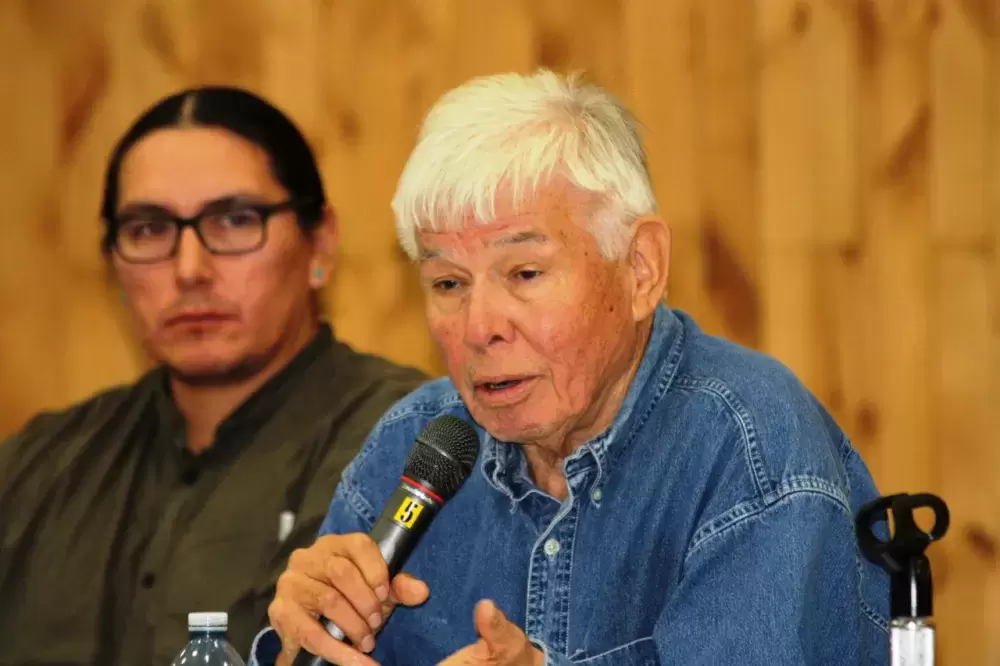Health care professionals and other panelists attended the 2018 NTC DAC Health-Ability Fair on Thursday, Oct. 4 to talk about the importance of kidney health screening with a Nuu-chah-nulth audience.
FNHA (First Nations Health Authority) Medical Officer Dr. Kelsey Louie presented information about the Kidney Check Initiative that is being launched in First Nations communities in Western Canada.
Aboriginal people are among the high risk populations for developing kidney disease.
The Kidney Check program will deliver both training for health care providers and kidney health screening for First Nations people.
“Kidney Check is a new program bringing kidney, diabetes and blood pressure checks and care to rural and remote Indigenous communities across Canada. The goal is to keep kidneys healthy and make sure everyone has access to the best care possible,” says the FNHA.
Healthy kidneys help the body rid itself of fluids, wastes and toxins. Kidney disease is considered a silent affliction because there are usually no symptoms until the disease is so advanced that kidney function is greatly reduced. Up to 80 per cent of kidney function is gone by the time a diagnosis is made.
“Early detection means optimal chance of successful treatment,” said Dr. Louie.
Those at risk for developing kidney disease include people of Aboriginal ancestry, people over the age of 50, patients with diabetes, high blood pressure or individuals born with kidney problems.
Craig Settee is a coordinator with the Indigenous People’s Engagement and Research Council. Six years ago he donated one of kidneys to his younger brother.
“There is not much representation of (Indigenous) kidney donors,” Settee noticed.
When Chronic Kidney Disease is advanced, a kidney transplant is often necessary to save a life. The wait for a donated kidney is about seven years but it could be longer for Aboriginal people due to the lack of donors.
William Duncan is a patient partner with the Kidney Check Initiative. A former fisherman from Campbell River, Duncan is living with advanced CKD that requires dialysis treatment.
He was diagnosed with Type 1 Diabetes in 1992.
“Little did I know that 50 per cent of people with diabetes encounter kidney problems,” said Duncan.
He began having problems with his kidneys about 10 years ago. Since that time his kidney function has been slowly declining.
“Three months ago I started dialysis – it’s no picnic,” said Duncan.
According to the Kidney Foundation of Canada, hemodialysis is the most common treatment for people with CKD. It is a machine used to filter blood to remove waste products when the kidneys can no longer do their job adequately.
Dialysis does not cure kidney disease or make kidneys well again, nor does it fully replace your kidney function. Unless you receive a kidney transplant, you must continue to have dialysis for the rest of your life.
Duncan, like many Aboriginal people, has a family history of diabetes.
“One my grandmothers had Type 2 Diabetes and she lived to be 101 years old,” he said.
Duncan says that his role as a Kidney Check Initiative Patient Partner is to help other CKD patients through treatment.
“I help others going through it because I’ve been there,” he said.







